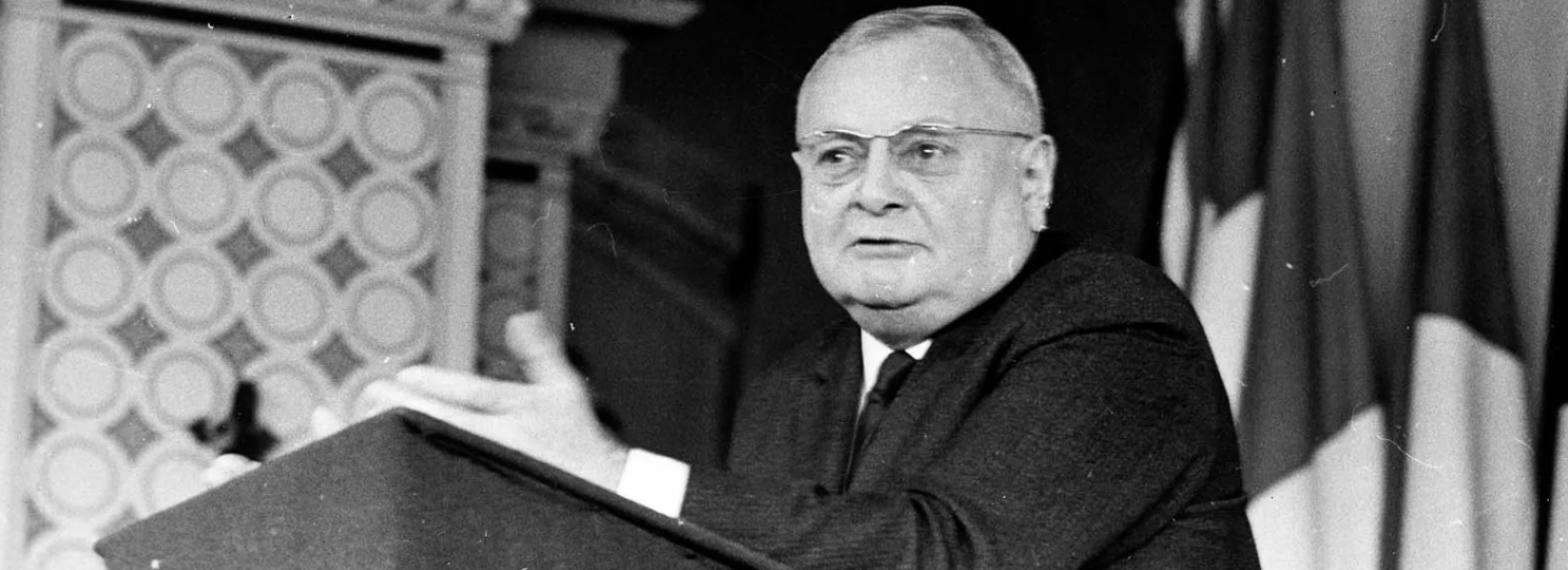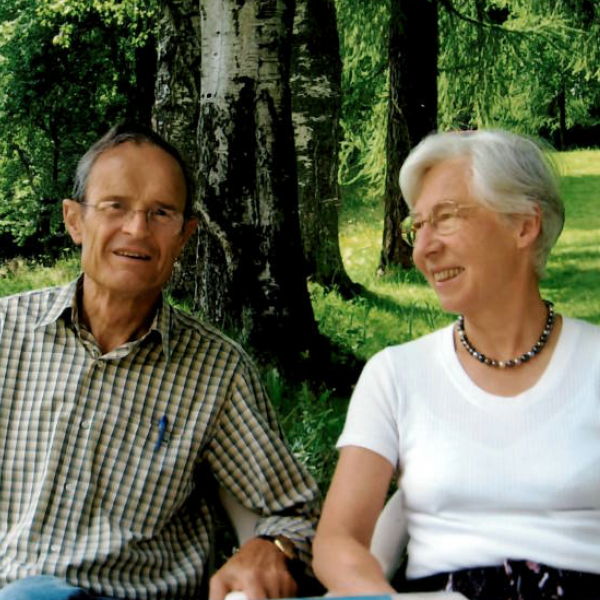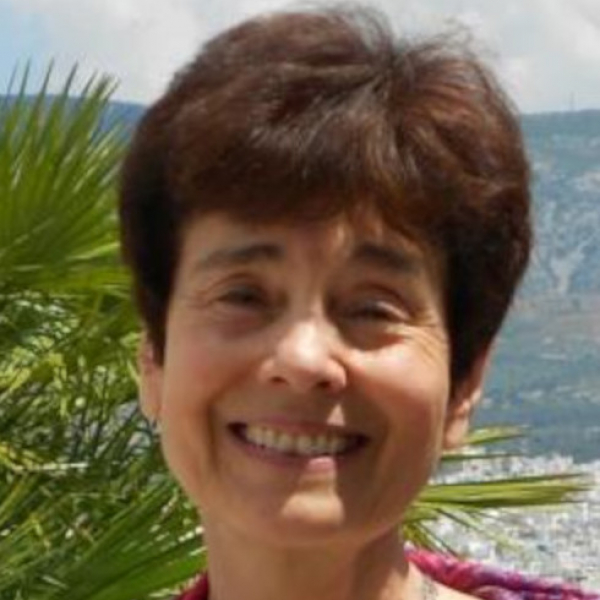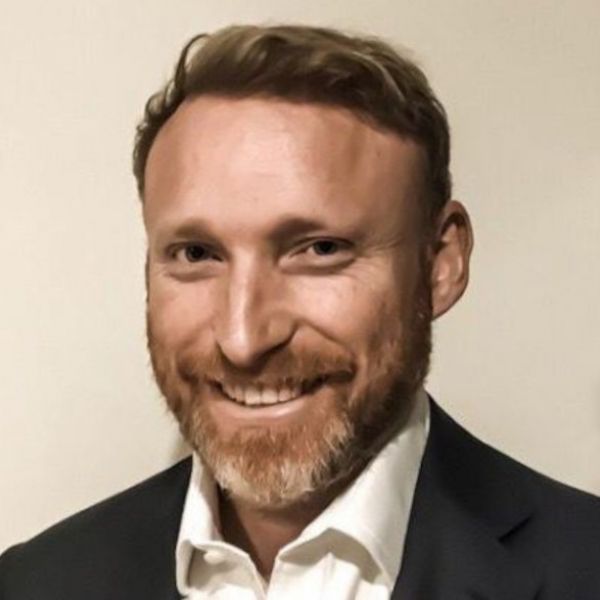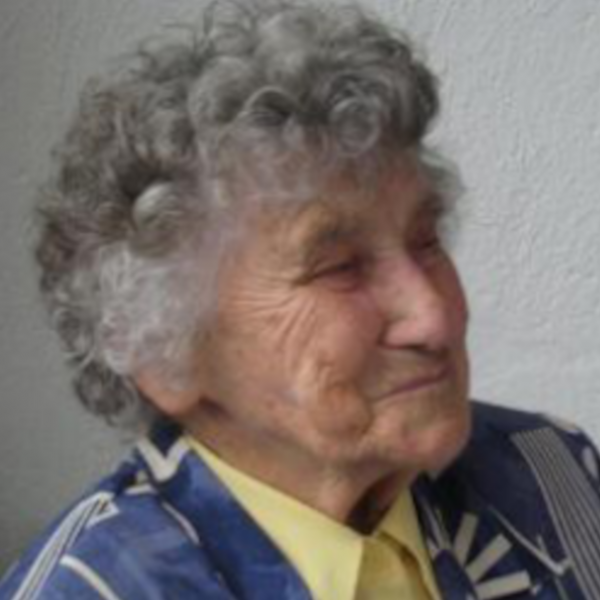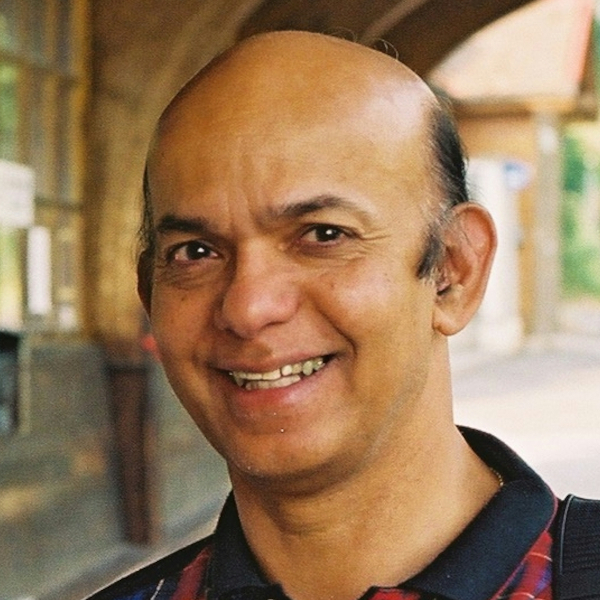
1951 - Maurice Mercier: 'Not one cry of hatred'
By Eliane Stallybrass
11/03/2021
The Swiss Jean-Jacques Odier was not overly impressed when he first met Maurice Mercier, the man behind the large French industrial delegations that visited Caux in 1951. ‘He would have looked at home serving behind a bar down the street,’ Odier wrote* of their meeting in the offices of France’s Force Ouvrière textile workers federation. ‘But in the following weeks, as we got to know him better, we discovered an exceptional human being.’
Mercier had started work in the textile industry at the age of 13, and worked his way up through the ranks of the CGT, the French union federation. He had been a Communist and a courageous member of the resistance during World War II. When the war ended, he felt that the union was putting politics before fighting for workers’ rights. He left the union, but missed the comradeship of the struggle and the ideology that had motivated him.
When Jean-Jacques Odier, the son of a Genevese banker who worked full-time for Initiatives of Change (then known as Moral Re-Armament/MRA), and his British friend, Bill Porter, met him in 1950, he was cynical and discouraged. But they were struck by the speed with which he took to the idea of change in behaviour and a creative energy beyond the class war. On a visit to Caux that summer, he said, ‘Not one cry of hatred, not one hour of work lost, not one drop of blood shed: that is the revolution to which Moral Re-Armament challenges bosses and workers.’
He had that mark of all true revolutionaries– a vision, and he helped me to find a vision, too.
Odier and Porter invited Mercier to attend an MRA conference on Mackinac Island in the United States in June 1951. They thought that it might broaden his horizons, but they had no idea how hard it would prove to get a visa for a trades unionist with 11 years as a clandestine Communist behind him. It all worked out, and Mercier met the founder of Initiatives of Change, Frank Buchman, at the conference.
A Pennsylvanian Lutheran minister not speaking any French, and a French worker who’d never left his continent: it was a strange encounter of hearts and minds. Buchman saw the human in the militant atheist, and Mercier the revolutionary in the convinced Christian. Mercier said of Buchman, ‘He had that mark of all true revolutionaries – a vision, and he helped me to find a vision, too.’
Inspired by the delegations from American companies he met at Mackinac, Mercier decided to work for similar meetings in Caux on his return to Europe. He travelled all over the north of France encouraging workers to come to Caux and to get their management to finance the trip. The Caux conferences were extended that year to welcome these delegations, and in the autumn of 1951, eighty French businesses, mainly from the textile industry, sent parties to Switzerland.
A textile industrialist explained, ‘I came to see that I treated my business as my personal property. It seemed entirely normal to me to get workers to run errands for me, to help myself to coal from the factory to heat my home…. I decided to completely change my way of living.’
An atmosphere of trust was created.
A machine-tool operator said, ‘I thought the bourgeois and the bosses were arrogant and evil, only thinking of dominating the proletariat and keeping us down. I couldn’t imagine them overcoming the barrier between us and working to build a new world.’
‘An atmosphere of trust was created,’ commented Mercier. This led to an industrywide agreement in 1953, transforming working conditions and industrial relations in France’s 7,000 textile factories, which employed 648,000 people at the time.
Listen to Maurice Mercier speaking in Caux 1958
Watch an interview with Maurice Mercier from 1971 (17'09 - 18'40)
_______________________________________________________________________________________
This story is part of our series 75 Years of Stories about individuals who found new direction and inspiration through Caux, one for each year from 1946 to 2021. If you know a story appropriate for this series, please do pass on your ideas by email to John Bond or Yara Zhgeib. If you would like to know more about the early years of Initiatives of Change and the conference centre in Caux please click here and visit the platform For A New World.
- * Jean-Jacques Odier, Nous rêvions de changer le monde (Editions Ouverture)
- Recording: Initiatives of Change, digitally remastered by Leif Söderlund 2020)
- Photo top M. Mercier: Danielle Maillefer
- Photos text: Initiatives of Change
- Video: Crossroad of Nations, 25 years of Caux from IofC & For a new world Archives
- Proofreading: Mary Lean
